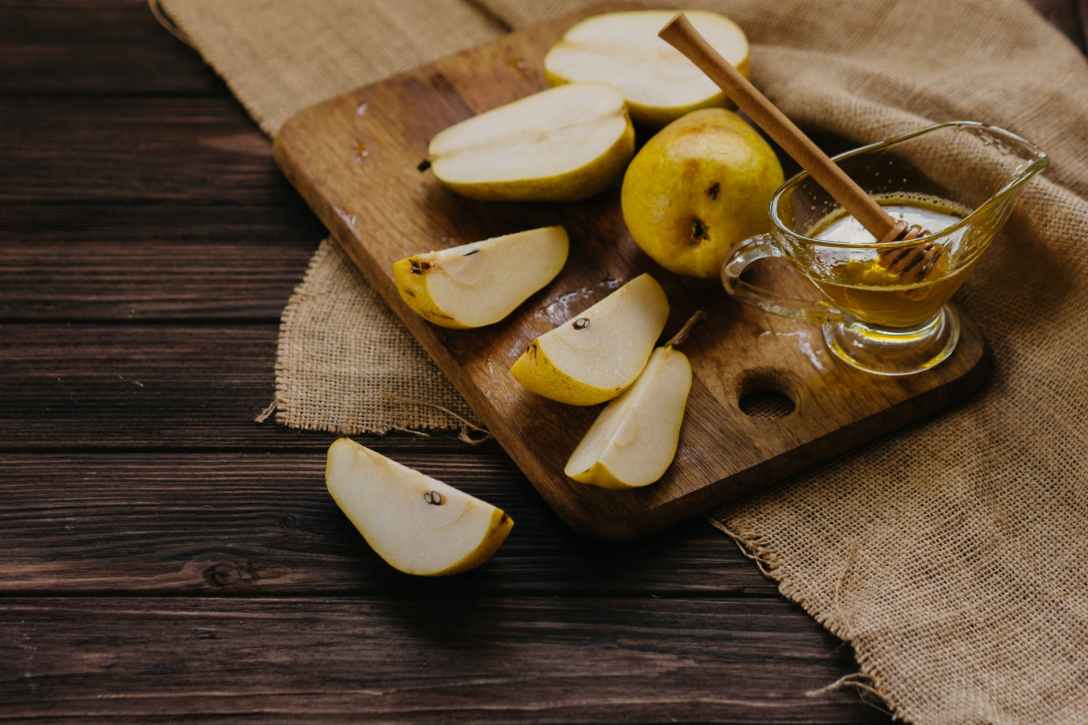A plant-based diet includes a variety of foods and it doesn’t have a clear definition. It is more of a lifestyle. This is because plant-based diets vary greatly depending on the extent to which a person includes meat and its products into their diet.
Let’s see what are some common foods to eat and avoid during a plant-based diet.
What you can eat:
- Fruits and vegetables
Fruits and vegetables should be eaten in every meal of the day. They are naturally low in calories and give vitamins, minerals, and fiber. Fruits like berries, citrus fruits, pear, peaches, pineapple, bananas, avocados among others can be added. Vegetables like kale, spinach, tomatoes, broccoli, cauliflower, carrots, asparagus, peppers, potatoes, sweet potatoes, and butternut squash can also be added.
- Nuts and seeds
Nuts and seeds are good in healthy fats and add calories to the diet. Nut butter is also beneficial and works as a good additional supplement for a plant-based diet. For example, almonds, cashews, macadamia nuts, pumpkin seeds, sunflower seeds, natural peanut butter, and tahini can be included in the diet.
- Legumes
They are the natural plant sources of protein. Legumes like peas, chickpeas, lentils, peanuts, black beans can be incorporated into any recipe or can be prepared alone with slight seasoning.
- Plant-based protein
Plants can also be a good source of protein. There are tofu, tempeh, seitan among others which are made by fermentation of plant sources. These fermented products are good for gut bacteria too.
- Dairy alternatives
Alternatives for milk include coconut milk, almond milk, cashew milk. These are completely plant-based and give a good amount of protein.
- Vegetable oils
Vegetable oils are also known as healthy fats. For example: olive oil, avocado oil, canola oil, rice bran oil, coconut oil. These oils are flavorful and contain saturated fatty acids which are good for the body.
- Whole grains
Whole grains are not refined and they contain many nutrients. They are rich in fiber too. Brown rice, rolled oats, farro, quinoa, brown rice pasta, barley, etc are some examples of whole grains. There are products like whole-grain bread, rice, and pasta which are healthy too.
- Beverages
Beverages like coffee, tea, and sparkling water are good for a plant-based diet. Coffee is rich in antioxidants that may account for many of the heart benefits. Tea and coffee are very less in calories when compared to fruit juices with added sugars.
What you can’t eat
- Meat
Red meat contains cholesterol and trans fat which can increase the risk of many chronic diseases. It also depends upon the person to choose meat or not.
- Fast foods
Fast foods like French fries, cheeseburgers, hot dogs, chicken nuggets among others contain a lot of empty calories and are bad for health. They are nutritionally poor and make us fatigued.
- Dairy and products
Dairy products like milk and its products should be avoided. Although they are rich in protein, they add a lot of calories to the diet too.
- Processed foods
Processed foods are rich in cholesterol and empty calories. Products like tofurkey, faux cheese, vegan butter, bacon, and sausages can be avoided.
- Refined grains
Grains that are refined are polished and they lose all their nutrients. White rice, white bread, and pasta made from such grains, and bagels are nutritionally poor and should not be included with the plant-based diet.
- Sweets and added sugar
Products like table sugar, soda, pastries, cookies, candies, sugary cereals, and added sugar products won’t be suitable for a plant-based diet.
A plant-based diet is a way of eating that motivates us to eat more plant-based foods and cuts the processed and junk foods out of our diet. This list can help you to differentiate what is good and bad.
